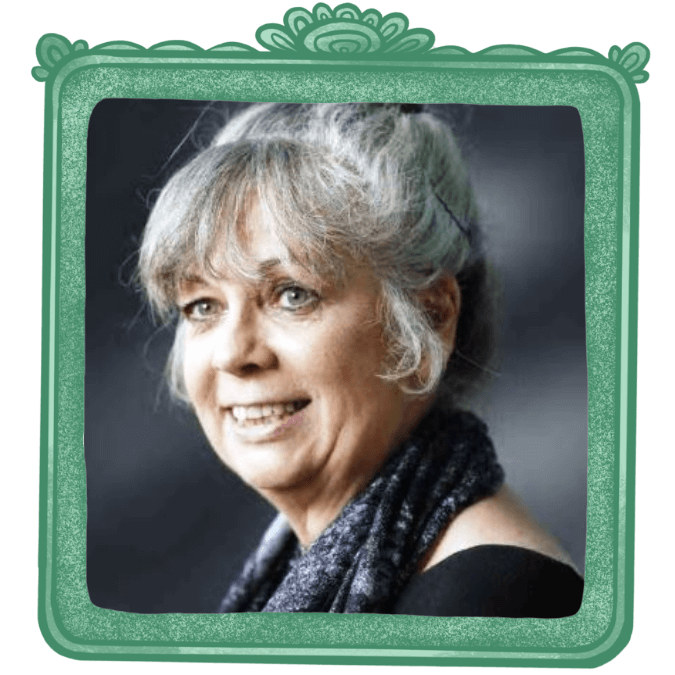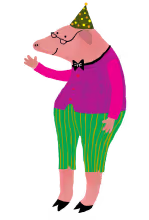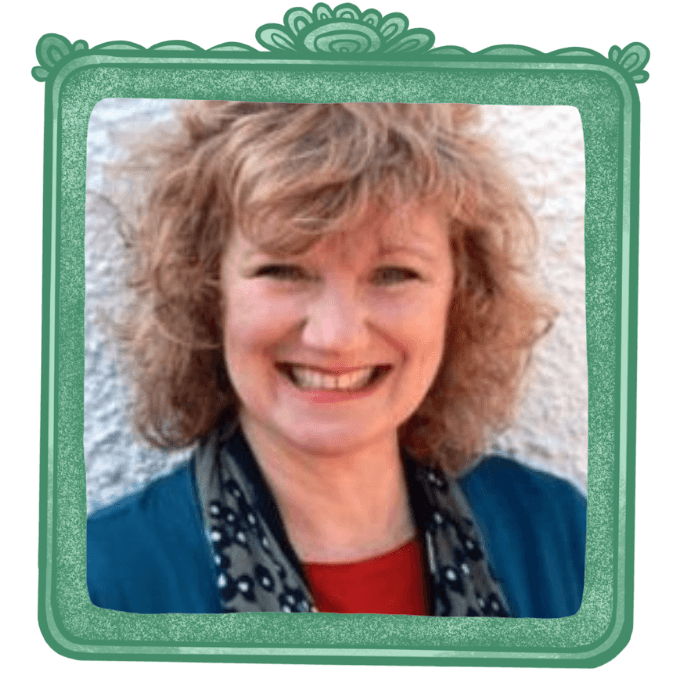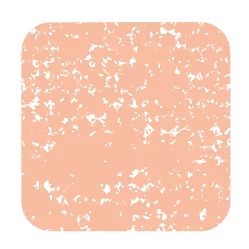
Sue Palmer
Literacy Specialist and Chairwoman of Upstart
Sue Palmer, a former primary headteacher, is a literacy specialist and author of books on child development, notably ‘Toxic Childhood’, ’21st Century Boys’ and ’21st Century Girls’. Research for ‘Upstart: the case for raising the school starting age and providing what the under-sevens really need’ (Floris, 2016) inspired the Upstart Scotland campaign(www.upstart.scot).
During a long career as a freelance literacy specialist she wrote over 250 books, software programs and TV scripts on various aspects of literacy, and many hundreds of articles for the educational and national press. She has also provided courses for teachers throughout the UK and around the world, and acted as a consultant to the National Literacy Trust, the Basic Skills Agency, the DfE and the BBC.
In recent years, Sue has been Chair of the Scottish Play Commission, served on the Scottish Government’s Early Years Task Force and is now chair of Upstart Scotland. She is thrilled to be listed in Who’s Who and Debrett’s People of Today as a ‘childhood campaigner’ and has twice been named among the 40 most influential educationists in London, whichgives her particular pleasure since she lives in Edinburgh.
Key takeaways:
- Sue Palmer’s Background: Formerly an educator, Sue shifted her focus in the late 1990s to research child development, prompted by rapid societal changes, resulting in her book *Toxic Childhood* (2006). Her work emphasizes the impact of lifestyle changes on children, informed by consultations with national and international experts.
- Concept of "Building a Village": Sue advocates for creating supportive communities ("villages") for parents, especially critical for single parents like Kate Shelley, to foster resilience and share the challenges of raising children in a fast-changing world.
- Impact of Technology: Sue highlights the "perfect storm" of cultural changes, particularly technology’s rise since the 1980s (e.g., TVs in bedrooms, smartphones, social media), which isolates children from real-world interactions essential for developing social, emotional, and problem-solving skills in the critical birth-to-eight years.
- Biological Needs: She stresses that human biology, unchanged since Cro-Magnon times, requires social interaction and play for healthy development. Early childhood is crucial for building emotional resilience, language, coordination, and empathy, which are undermined by excessive screen time.
- Consumerism’s Effect: Since the 1980s, free-market consumerism has targeted children through screen-based marketing, exploiting their emotional vulnerabilities to build brand loyalty, affecting family purchases and fostering materialistic desires.
- Parenting Challenges: Sue describes the balance of "warmth and firmness" (authoritative parenting) as key, contrasting it with overly firm (authoritarian) or overly permissive styles. She recommends *How to Talk So Kids Will Listen and Listen So Kids Will Talk* for practical guidance.
- Importance of Play and Love: Sue identifies love (feeling cared for, as per Uri Bronfenbrenner and John Bowlby) and play (especially outdoors, social, and mixed-age) as essential for healthy development, countering the isolating effects of modern lifestyles and traffic-heavy environments.
- Community Solutions: Examples include community-led initiatives like play streets, intergenerational programs (e.g., nurseries near retirement villages), and parent-involved school activities (e.g., puppet-making, home corner redesign), which build connections and support networks.
- Advocacy for Early Years: Through Upstart Scotland, Sue campaigns for better early years provision, criticizing the UK’s view of it as mere babysitting and advocating for play-based learning up to age seven, supported by documents like Scotland’s *Realising the Ambition*.
- Practical Advice: Sue encourages parents and settings to be proactive—organizing playgroups, coffee mornings, or shared childcare—and to limit screen time (per American Academy of Pediatrics: minimal under two, max two hours daily for ages two to five), prioritizing real-world interactions and community-building efforts.

We'd love your feedback!
Did you love it or hate it? And what ideas have you got for upcoming webinars - big names you'd love to see or topics you'd like covered?

.avif)








